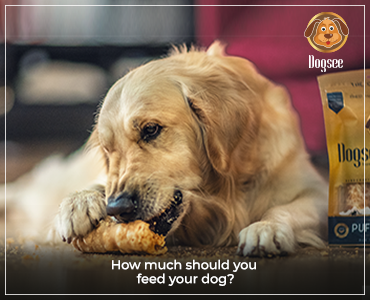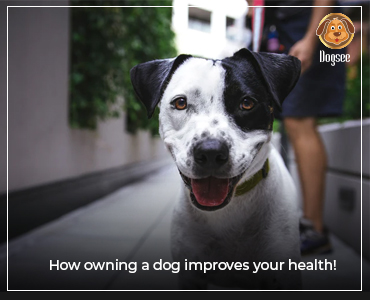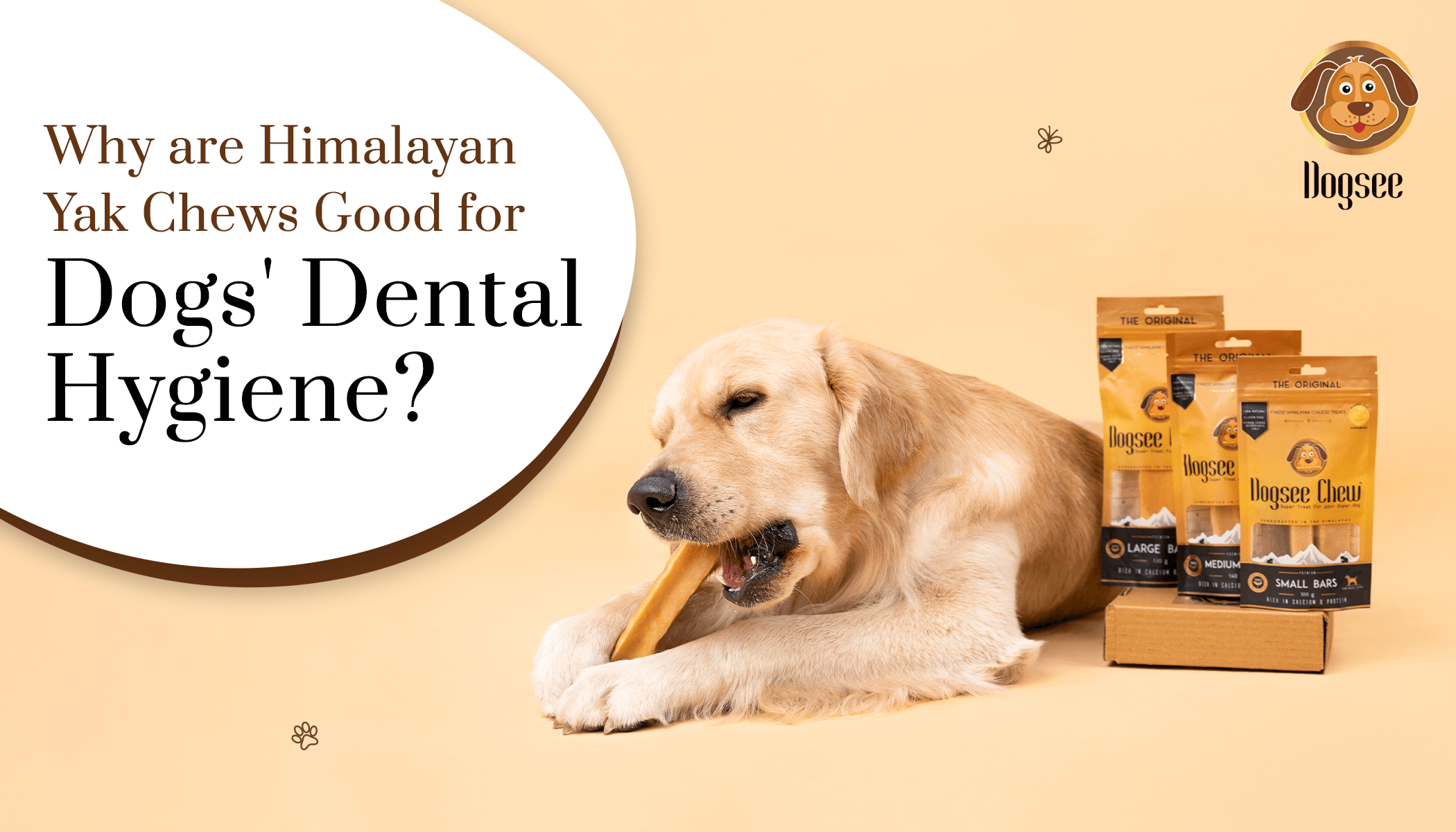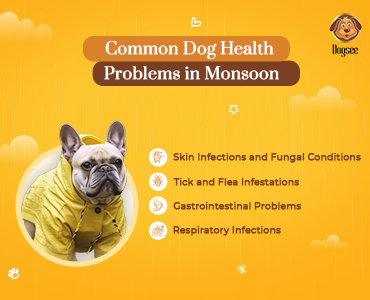
Have you ever taken your dog out for a walk and stopped to let them potty, only to find them playing with and eating grass? Your first reaction might be to panic as your mind flashes back to the last time your dog ate grass and vomited all over your carpet, but this isn’t always the case! Dogs eating grass is more common than dog parents think!
If you’re curious to know why your dog keeps eating grass on your walks, keep reading. We’re going to be sharing why they do and how you can control this behavior.
Why Do Dogs Eat Grass
A common reason that comes to a dog parent’s mind concerning their dog eating grass is Pica which is a compulsive eating disorder in which a dog is gravitated towards eating non-food items or essentially, anything they can get their paws on. This form of eating disorder usually indicates a nutritional deficiency.
What if your vets confirm that your dog is completely fine and has no deficiencies? In this case, your dog eating grass may not be a sign of Pica. Instead, your dog might be eating grass for various reasons.
Boredom or Anxiety
Ever found yourself mindlessly biting your nails when you’re bored, stressed, or anxious? Just like us, dogs turn to grass when they are bored or when they are around a stimulus that triggers their anxiety. It could be something as simple as hearing a kid’s voice or seeing a person approaching on the sidewalk that could trigger your dog’s anxiety and make them eat grass. Eating grass then becomes therapeutic for them and helps them curb their anxiety or cure boredom.
Digestive Issues
Although this isn’t very common, some dogs eat grass if they are feeling unwell or if they have intestinal worms. They eat grass to make themselves throw up and “feel better.” If you suspect your dog could be unwell, it is best to take them to the vet to get a course of action so you can nurse your dog back to health as soon as possible.
Instinct
One reason why dogs eat grass goes back to when they were wild animals. Even though dogs didn’t directly graze on grass for their primary diet, the animals they consumed probably did. So indirectly, grass made up a good portion of their diet back in the day. This is why some dogs pounce around when they eat grass as if they are hunting prey.
Is Eating Grass Harmful To Dogs?
Most grass, even in residential neighborhoods, is sprayed with herbicides, pesticides, and other chemicals. When your dog eats grass, they ingest small amounts of chemicals that can harm your dog in the long run, especially if this is a frequent occurrence. Moreover, they can pick up parasites found in the animal stool if they pick up grass near an area where other animals tend to go potty. Therefore, it is best to make sure your dog doesn’t eat grass.
How to Get Your Dog to Stop Eating Grass
If you think that your dog is eating grass due to anxiety or boredom, then it’s time to put more time into training and give your dog something new to try. Take your dog on a new route for his walks, play fetch or frisbee. The only time your dog should be on grass for a long time is for potty, nothing else.
Training: Training is the best way to reframe a dog’s mind and behavior. Next time you are on a walk and your dog looks like they are about to eat grass and go crazy, quickly say a command like “heel” to get them off the grass, on your side, and redirect their attention. This training method works best when you have some bite-sized training treats by your side. Dogsee Chew’s puffed treats do a great job of capturing the pup’s full attention and are easy to carry when you’re walking your dog.

Treats: An alternative to a long outdoor activity that is just as effective is handing your dog a hard dental chew. These chews provide mental stimulation, helping curb anxiety and boredom. Simultaneously, they help remove plaque and tartar so you will be killing two birds with one with these long-lasting dental chews.

If your dog does have fiber deficiency, then it would be best to give him treats and food that are high in fiber. Dogsee Chew’s fat-separated coconut treats, for example, are an excellent source of dietary fiber and antioxidants. These nutrients are great for promoting a healthy gut.

Overall, there is one thing that holds true: the grass isn’t always greener on the other side! Even if it is, it would be best to not let your dog eat it. Now that you know the reason behind why dogs eat grass and how to get them to stop, grab a handful of treats or a hard bar next time to be prepared to redirect their energy and attention when your pup heads for the grass.
 HELPFUL0 people found it helpful
HELPFUL0 people found it helpful
Related Blogs
Subscribe to Our Blogs
and never miss on the latest update!















